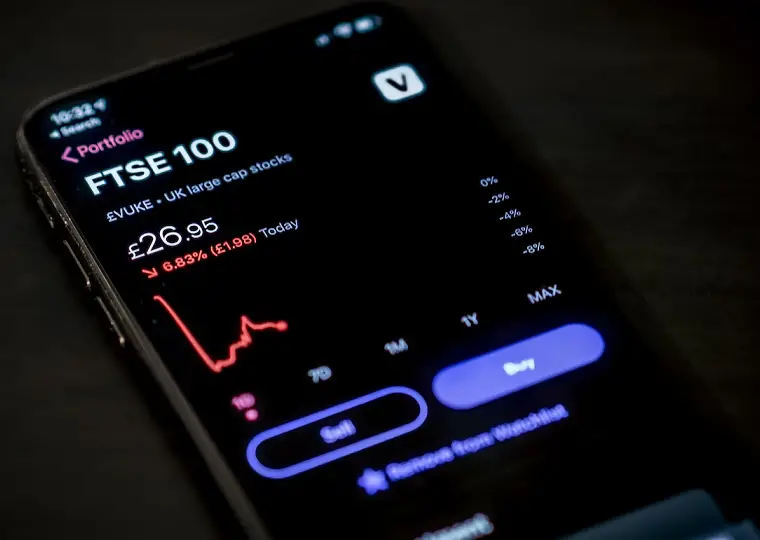A new study by leading US researchers released Monday says that there are indications some traders had advance knowledge of the October 7th attacks on Israel by Hamas, and that they may have used that knowledge to execute trades which made them hundreds of millions.
Robert Jackson Jr., a law professor from New York University and Joshua Mitts of Columbia University looked at trades executed in exchange traded funds which invest in Israeli companies, as well as patterns of short selling on the Tel Aviv Stock Exchange (TASE) and other options trades made in the area of Israeli companies which are traded on US exchanges.
Short selling involves a seller “borrowing” a security, and selling it, with an expectation of purchasing it at a lower price in the future to return it to the lender. The trader will then pocket the difference if the stocks price declines, or suffer the loss if the price of the stock goes up.
If a trader knew beforehand of the attack and could short sell stocks with would see their price impacted, beginning just prior to the attack, they would stand to effortlessly pocket the profits resulting from the decline in the share prices.
The researchers found there was significant short-selling activity surrounding impacted companies in the days leading up to the attacks which triggered the Israel-Hamas war.
They wrote, “Days before the attack, traders appeared to anticipate the events to come,” pointing to short interest in the Israel Exchange Traded Fund (ETF), which beginning on October 2nd “suddenly, and significantly, spiked,” based on Financial Industry Regulatory Authority (FINRA) data.
On any particular day, the ETF, which is a common means for traders to invest in Israel, will have roughly 2,000 shares shorted. However starting on October 2nd, that number spiked to 227,000 shares, according to the study.
In the 66-page report, the professors wrote, “And just before the attack, short-selling of Israeli securities on the Tel Aviv Stock Exchange (TASE) increased dramatically.”
Mitts, one of the authors of the report, said, “That’s extremely unusual,” adding that in just a single trade, there was nearly a $900,000 profit.
In another example documented in the report, there was a short trade of 4.43 million shares of Leumi, the largest bank in Israel, which occurred between September 14th and October 5th. It produced a profit of 3.2 billion shekels ($862 million), when on October 8th, the share price of Leumi fell almost 9% immediately following the attacks.
The researchers concluded, “Taken together, our evidence is consistent with informed traders anticipating and profiting from the Hamas attack.”
The report noted that the short selling activity which immediately preceded the attacks in early October “exceeded the short-selling that occurred during numerous other periods of crisis.”
The Israeli Securities Authority noted, “the matter is known to the authority and is under investigation by all the relevant parties,” and that the investigations into the matter were ongoing.

